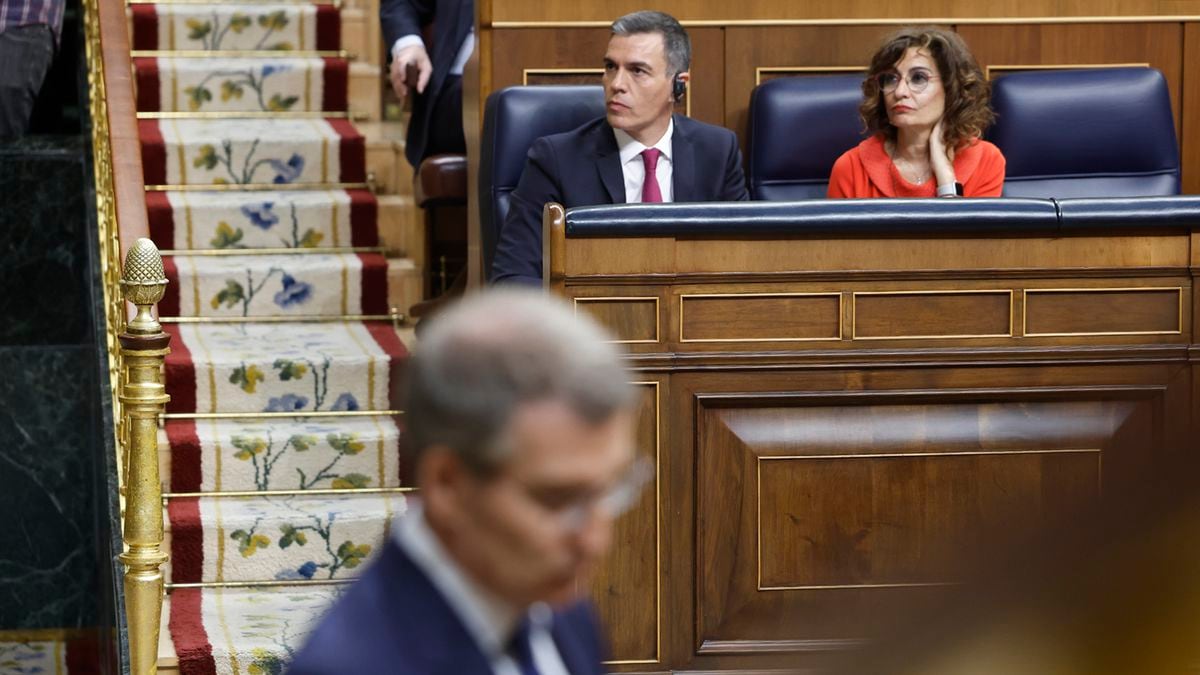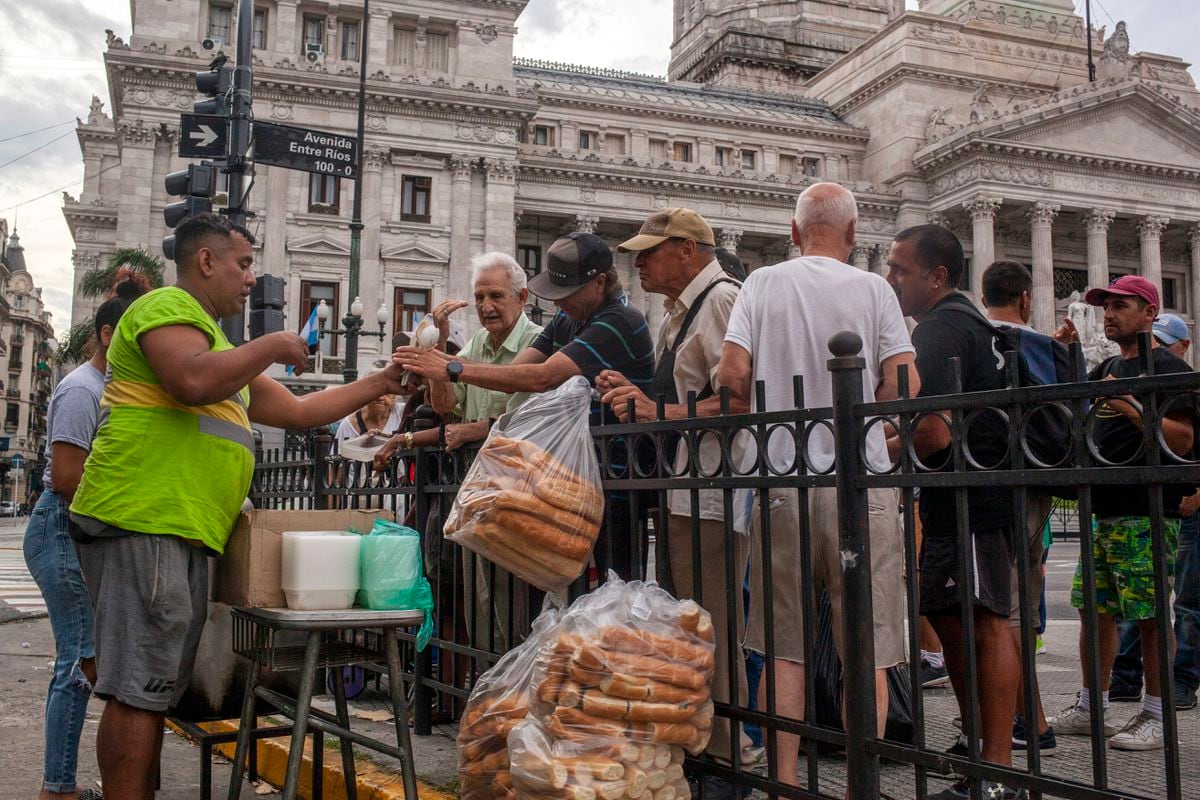Enlarge image
IMF headquarters in Washington
Photo: Yuri Gripas / REUTERS
The International Monetary Fund (IMF) is something like the most unpopular fire brigade in the world: Even if the house has long been on fire, many countries still shy away from asking it for help.
This is because the IMF missions do not simply extinguish flaming currency and financial crises with sums of money in the billions.
Aid is mostly tied to conditions on how the governments concerned have to put their affairs in order.
This is often bitter medicine: under pressure from the IMF, the state often has to be cut back, markets liberalized, taxes cut.
This has brought criticism to the IMF for only calling for radical neoliberal reforms.
IMF warns of "vicious cycle of inequality"
In light of this, the statement that was published on the organization's website on Thursday is all the more remarkable.
The article (the report »Give everyone a fair chance« can be found here) deals with the economic and social consequences of the corona pandemic.
However, the focus is not on growth rates of gross domestic product or the development of world trade, but on equity.
"The Covid-19 pandemic is worsening the vicious circle of inequality," is the first sentence.
Governments should start redistributing more wealth from top to bottom.
For this and to finance the burdens of the crisis, states should increase taxes for the wealthy, for example by introducing or increasing taxes on real estate or inheritance.
At least temporarily, it is advisable to also raise income tax for high earners.
In addition, loopholes would have to be plugged for tax avoidance by corporations.
The background is apparently the IMF's concern about long-term upheavals in many countries.
Should the governments fail to get the unemployed back into jobs quickly and to compensate for the damage caused by dropping out of school, "many societies could experience increasing polarization, the erosion of trust in governments or social unrest."
trembling





/cloudfront-eu-central-1.images.arcpublishing.com/prisa/RK3AI2H26NFTRJ3VH3EVPP573E.jpg)







